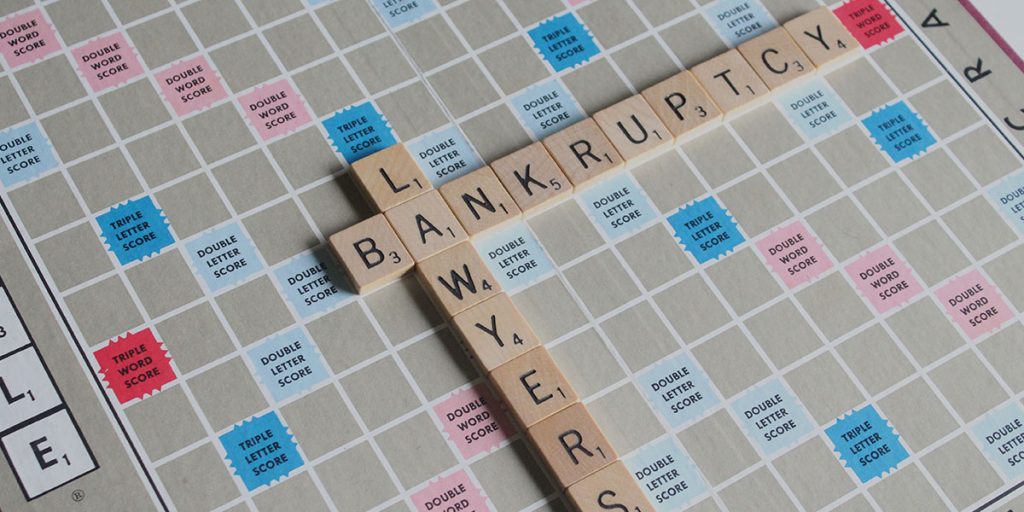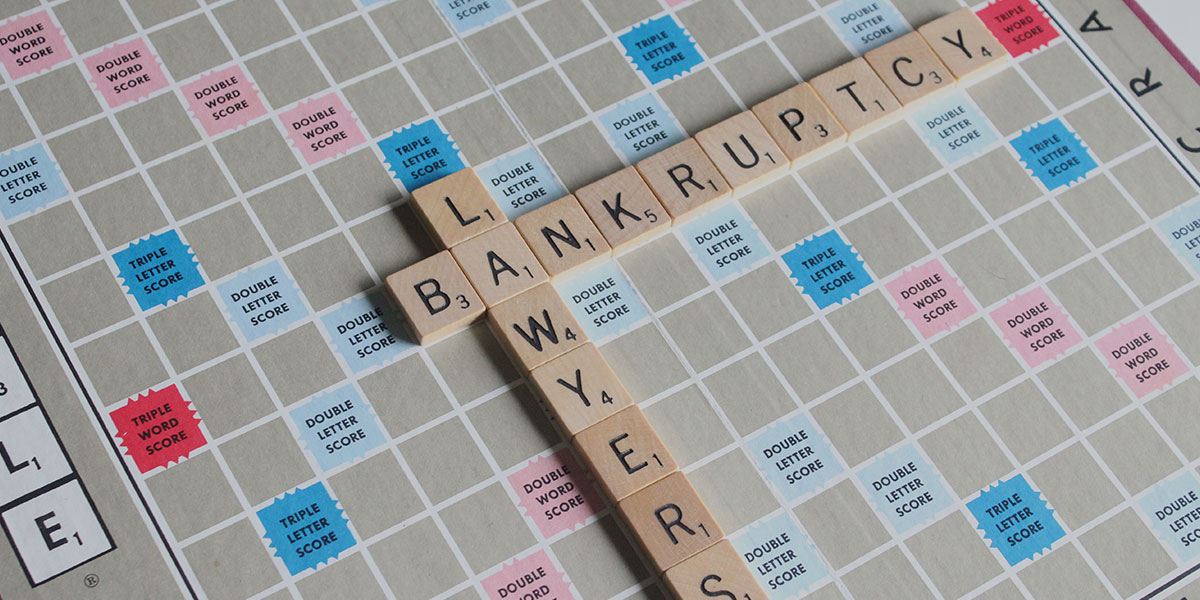
A Detailed Guide to Chapter 13 Bankruptcy in New York
Understanding Chapter 13 Bankruptcy
If you find yourself overwhelmed by debt and seeking a solution, Chapter 13 bankruptcy could offer the relief you need. This guide aims to provide a comprehensive overview of Chapter 13 bankruptcy in New York, covering its advantages, eligibility criteria, filing process, and important considerations.
Insight into Chapter 13 Bankruptcy
Chapter 13 bankruptcy, commonly referred to as a wage earner’s plan, is tailored for individuals with a steady income. It allows for the creation of a repayment plan spanning three to five years to gradually settle debts. Unlike Chapter 7 bankruptcy, which involves asset liquidation, Chapter 13 enables debtors to retain their assets while making affordable payments.
Advantages of Chapter 13 Bankruptcy in New York
Chapter 13 bankruptcy presents several benefits that can significantly enhance your financial situation. Let’s explore some of the key advantages associated with filing for Chapter 13 bankruptcy:
| Advantage | Description |
|---|---|
| Structured Repayment Plan | Chapter 13 allows for the development of a feasible repayment plan based on income and expenses, facilitating gradual debt repayment. |
| Foreclosure Protection | By filing for Chapter 13 bankruptcy, individuals can halt foreclosure proceedings, giving them the opportunity to catch up on missed mortgage payments and potentially save their homes. |
| Creditor Protection | Upon filing for Chapter 13 bankruptcy, creditors are legally barred from contacting debtors or engaging in collection activities, offering relief from harassment. |
| Flexible Repayment Terms | Chapter 13 provides the flexibility to extend repayment periods, lower interest rates, and potentially reduce the principal balance on certain debts, easing financial obligations. |
Qualifying for Chapter 13 Bankruptcy
While Chapter 13 bankruptcy offers numerous advantages, meeting specific criteria is essential. To be eligible for Chapter 13 bankruptcy in New York, individuals must satisfy the following requirements:
- Stable Income: Demonstrating a consistent income source is crucial to show the ability to meet monthly repayment obligations.
- Debt Thresholds: Unsecured debts must fall below a specified limit, and secured debts must adhere to defined thresholds as per bankruptcy regulations.
- Prior Bankruptcy Filings: Previous bankruptcy filings may impact the timing of filing for Chapter 13 bankruptcy again.
Navigating the Chapter 13 Bankruptcy Process
The process of filing for Chapter 13 bankruptcy in New York involves several key steps. Here’s an overview of the essential stages in the filing process:
| Step | Description |
|---|---|
| Educate Yourself | Acquire knowledge about Chapter 13 bankruptcy laws, regulations, and procedures to ensure a comprehensive understanding of the requirements. |
| Consult with Legal Counsel | Seek advice from a seasoned bankruptcy attorney who can evaluate your circumstances, guide you through the process, and assist in preparing necessary documentation. |
| Complete Credit Counseling | Prior to filing, completing a credit counseling course from an approved agency is mandatory to gain insights into financial status and explore alternatives to bankruptcy. |
| Prepare and File Bankruptcy Forms | With legal assistance, gather essential information and complete required bankruptcy forms, including financial statements and a repayment plan. |
| Submit Your Filing | File bankruptcy forms and pay associated fees to the relevant bankruptcy court overseeing your jurisdiction. |
| Attend Creditor Meeting | Following filing, attendance at a creditor meeting is necessary, where the bankruptcy trustee and creditors can inquire about financial matters and proposed repayment plans. |
| Adhere to Repayment Plan | Upon court approval of the repayment plan, regular monthly payments must be made to the bankruptcy trustee, who will distribute funds to creditors. |
| Complete Financial Management Course | Post-filing, but pre-discharge, completion of a financial management course is required to enhance money management skills. |
| Receive Discharge | Upon successful completion of the repayment plan, a discharge is granted, absolving debtors of remaining dischargeable debts. |
The post : What You Need to Know
Unlock the Secrets of Chapter 13 Bankruptcy in New York: Here’s What You Need to Know appeared first on lawyer.bet.




